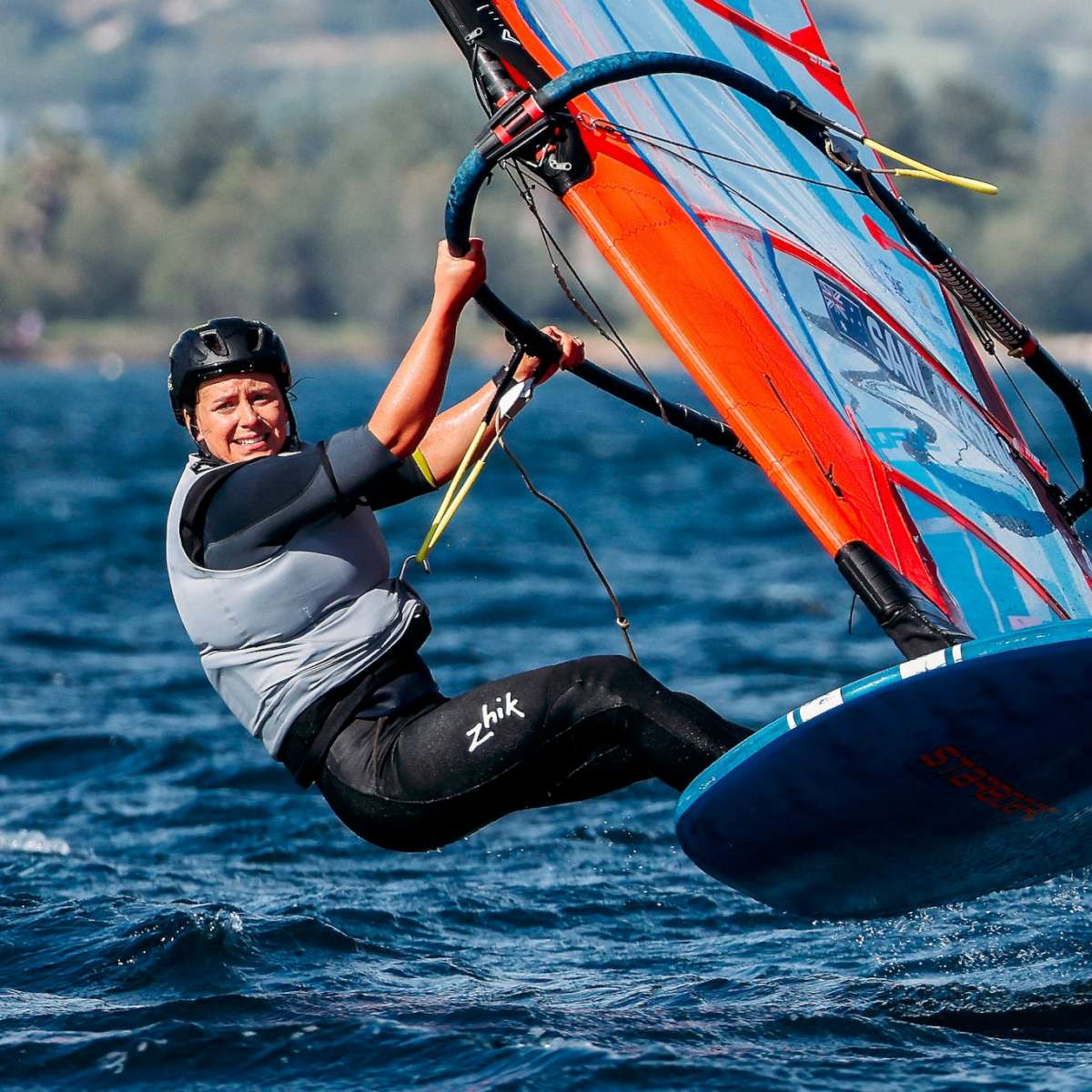NEW ORLEANS — The Coast Guard would like to remind people of the dangers and penalties associated with hoax distress calls and the use of laser pointers pointed at aircraft or boat crews on patrol.
For 230 years the Coast Guard has responded to distress calls at sea but lately, false distress has been on the rise, which places rescue crews in danger, diminishes our capacity to respond to real emergencies and wastes taxpayer dollars.
Sector Mobile watchstanders have handled a number of suspected or confirmed hoax radio calls. In July alone there were two confirmed hoax calls and three confirmed laser strikes to boat crews training or actively involved in a search.
On July 12, watchstanders at Sector Mobile received a call of a vessel going down and the use of profanity over VHF channel 16, the international distress frequency, near St. George Island, Florida. Watchstanders issued an urgent marine information broadcast. A good Samaritan responded that there were no vessels in distress in that area. After searching 65 square nautical miles with local agencies, the Coast Guard suspended the search classifying it as a suspected hoax.
On July 14, Sector Mobile watchstanders again received a call over VHF channel 16, stating “Help me Oprah Winfrey! Help me,” in the vicinity of Pascagoula, Mississippi. Watchstanders issued a UMIB for over an hour with no response and then suspended the case for a suspected hoax.
A hoax, or willful and knowing declaration or indication of a false distress situation, diverts Coast Guard assets and personnel from other potential Search and Rescue cases, diminishing readiness and wasting valuable search assets.
“Hoax calls and laser strikes put the public at risk,” said Cmdr. Kara Lavin, Response Chief, Sector Mobile. “Mariners on the water rely and count on Coast Guard assets and personnel to be ready and able to respond when they are in distress. These false alerts can have the potential to directly put lives at risk in the maritime domain, one of the most dynamic and dangerous environments for people on earth.”
If you are boating with young children or teenagers, a good habit is to establish rules when they are aboard a boat before you leave the dock. Teaching children how to make a call if you are in distress can make them more responsible about using radios on board vessels. Parents should stress to children that the radio is not for play, similar to 911 calls, and should only be used for emergencies.
Penalties for initiating a hoax may include a $250,000 criminal fine, reimbursement to the Coast Guard of the cost of all search efforts expended, and up to six years in prison. Parents will be held responsible for minor’s actions.
The Coast Guard’s response boats cost between $3,434 and $5,236 an hour to operate, the MH-65 helicopter costs $7,814 an hour to operate, and the HC-130 helicopter costs $12,870 an hour to operate, according to Commandant Instruction 7310.1U, three common assets used during search and rescue missions.
The Coast Guard also relies on Coast Guard Investigative Services and local agencies to assist in the event of a hoax call. Typically, if the command center has a good position for where the call came from, they will contact the local police department and request assistance to contact or locate the caller.
In addition to the rise in hoax calls, there have also been three confirmed laser strikes to boat crew members conducting training or actively involved in a search.
On July 12, a boat crew from Coast Guard Station Panama City, Florida was conducting a search and rescue mission when the vessel was struck four times with a green laser. The coxswain was hit in the eye during the incident, however no injuries were reported. The laser seemed to be tracking the vessel.
On July 21, while a boat crew from Coast Guard Station Panama City was conducting search patterns, they once again noticed a laser beam across the water.
Crewmembers from the Coast Guard Cutter Ridley also reported having a laser track their vessel twice on July 15 off the coast of Panama City.
“A laser strike has many of the same effects as a hoax, but also includes the additional risk of permanent injury to Coast Guard personnel, namely to their eyesight,” said Lavin. “Personnel struck by lasers may be blinded, temporarily or permanently, and while it's bad enough that this can cause not only personal injury it may also put the entire crew at risk.”
The Coast Guard values the lives of its members and keeping them safe is our top priority, along with our responsibility and dedication to the public. Hoax calls and laser strikes not only put Coast Guard lives in jeopardy, but yours, your friends, or families.
Listen to the hoax call here: https://www.dvidshub.net/video/762267/coast-guard-reminds-mariners-hoax-calls-no-joke
-USCG-























